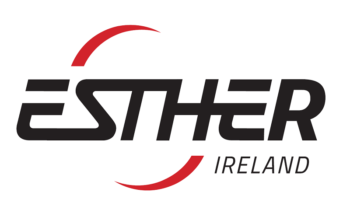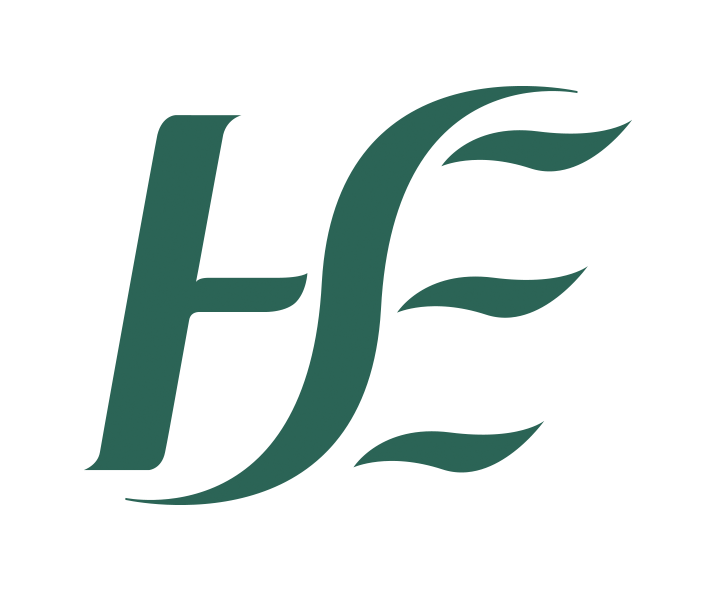Background to the partnership
UCD Physiotherapy, part of the UCD School of Public Health, Physiotherapy, and Sports Science at University College Dublin partnered with a university in Uganda, Mbarara University of Science and Technology (MUST), which has a new physiotherapy programme, and offers the first Bachelor’s degree in physiotherapy in Uganda. The partners received a grant from ESTHER Ireland to set up a project relating to disability. Dr. O’Sullivan described the many influences and moderators of disability and its interpretations:
It’s influenced by the environment, it’s influenced by culture, it’s influenced by the community, people’s families, their financial resources and it’s also influenced very much so by the political and social structure around them.
The objective of the partnership was to examine capacity building for research around the area of disability and rehabilitation, as well as in the area of physiotherapy education. The reason for this emphasis is that physiotherapy, and other rehabilitation therapies such as occupational therapy and speech and language therapy, are almost non-existent in low-income countries. However, 80% of people in the world living with disability are in such countries. Taking Uganda as an example, the population of almost 38 million people is served by approximately 200-250 physiotherapists.
Within health systems in resource poor settings, there is a lack of awareness and understanding of the benefit of physiotherapy and what it can offer children, adults and the elderly in terms of rehabilitation and also in disease prevention and improving quality of life. The aim of the programme was therefore to look at developing a partnership with the objective of increasing research and education capacity.
Dr. O’Sullivan proposed a bilateral visit, where partners from Mbarara travelled to UCD in June 2016 for a week, then members of the UCD faculty travelled to Uganda for a week in July 2016.
The experience has been really positive. We have a student placement in Uganda since 2012 and we have bedded in there as a school, and our students from physiotherapy travel to Uganda each year, with UCD Volunteers Overseas, so before we started we actually had quite a good degree of familiarity with each other’s staff and school but on a very informal basis.
Dr. O’Sullivan described how the grant aided the strengthening of links between the two schools. Taking a blue skies approach, the partners strategically planned all aspects of the exchange. They undertook workshops in Dublin and Uganda with the staff in physiotherapy schools, and with clinical staff, interspersed with visits to hospitals. The face-to-face visits allowed for better engagement to facilitate an ongoing partnership. A significant outcome of the trip is that the two teams have identified priorities for the partnership: for example, there is a need for postgraduate studies and opportunities for staff in Mbarara, where no physiotherapists have PhDs (unlike in Ireland). The partnership will have a focus on finding innovative ways of facilitating staff and clinicians to pursue postgraduate education both in research and taught masters programmes.
Partnership successes and future challenges
When asked about the most successful aspect of the project, Dr. O’ Sullivan noted that the bilateral aspect, and bringing the Ugandan partners to Dublin first, was very successful in helping raise awareness of the hospital and environments that they work in, to create understanding and align objectives.
Dr. O’Sullivan believes they have achieved the objectives of the current project, but future challenges lie ahead. The first of these is the need for adequate funds: due to past low prioritisation of disability, avenues for research funding for physiotherapy and other rehabilitation therapies in low-income countries is challenging.
Another challenge discussed was time – Dr. O’Sullivan indicated that ideally the partnership visits would have taken place over a longer time in each country, however she also described how they managed to achieve a lot, even with a limited time frame:
Time was certainly an issue and now back here, we have great energy and enthusiasm about this, and we will continue it on, but having adequate time is challenging both here and in Uganda.
The benefits of partnership
When asked to discuss some of the ways in which Mbarara University will benefit from this partnership, Dr. O’Sullivan first noted the value of the experience held by UCD Physiotherapy, which is more than 60 years old and has a strong track record in research and teaching. Much of the existing body of physiotherapy research has focused on European and north American populations, for example, whilst relatively little is known about what is best physiotherapy practice in low-resource settings. UCD Physiotherapy have been conducting research projects in Uganda with their students over the past five years, creating a solid experience base in both research and joint teaching. Both universities can now work together to build research capacity in the area of physiotherapy in low income countries. Another proposed joint activity would be to conduct case-based sessions where UCD students would link with MUST students via Skype, to assess how well they would work together in terms of managing a case in a Ugandan setting compared to an Irish setting.
When asked how the UCD School of Physiotherapy itself would benefit from this project, Dr. O’Sullivan noted the huge educational value for the students, who UCD aims to train to be global citizens that can work and have an impact internationally. In addition, the collaboration will also help increase awareness among students of health issues and determinants in LMICs. As a result, students will be able to understand different health systems, and furthermore appreciate that whilst physiotherapy is a well-known and important discipline here in Ireland, it has not yet been well developed in low-income countries.
Dr. O’Sullivan explained that she had also benefitted from the great learning potential during the partnership exchange visits. The partnership has grown from a student-to-student link and clinical placements, to a university-to-university collaboration. The Dean of Medicine at Mbarara University has also indicated strong interest in development of the partnership. Another layer above this is in examining how can UCD Physiotherapy support the Physiotherapy Department at MUST to lobby and advocate for greater recognition and create their space in a functioning health system.
The bilateral aspect of the project was mentioned by Dr. O’Sullivan as an important aspect for future grant applicants to examine:
Consider the bilateral visits because I do think that hammers down that you do have a mutual respect and that you’re not just coming to tell people how to do something … the second thing is being organised and trying to put some sort of structure on it, and you will get an outcome. It can be easy to go out somewhere with the best of intentions but everything ends up getting muddled up and you don’t get the same outputs that you might have.
— This interview was conducted in summer 2016, by Ellie Marley, Operations Intern with the Irish Forum for Global Health and ESTHER Ireland.
Please click here to watch a video of Dr. O’Sullivan speaking about the UCD-MUST partnership at the 1st ESTHER Ireland Partnerships Forum, held in Dublin in November 2016.

